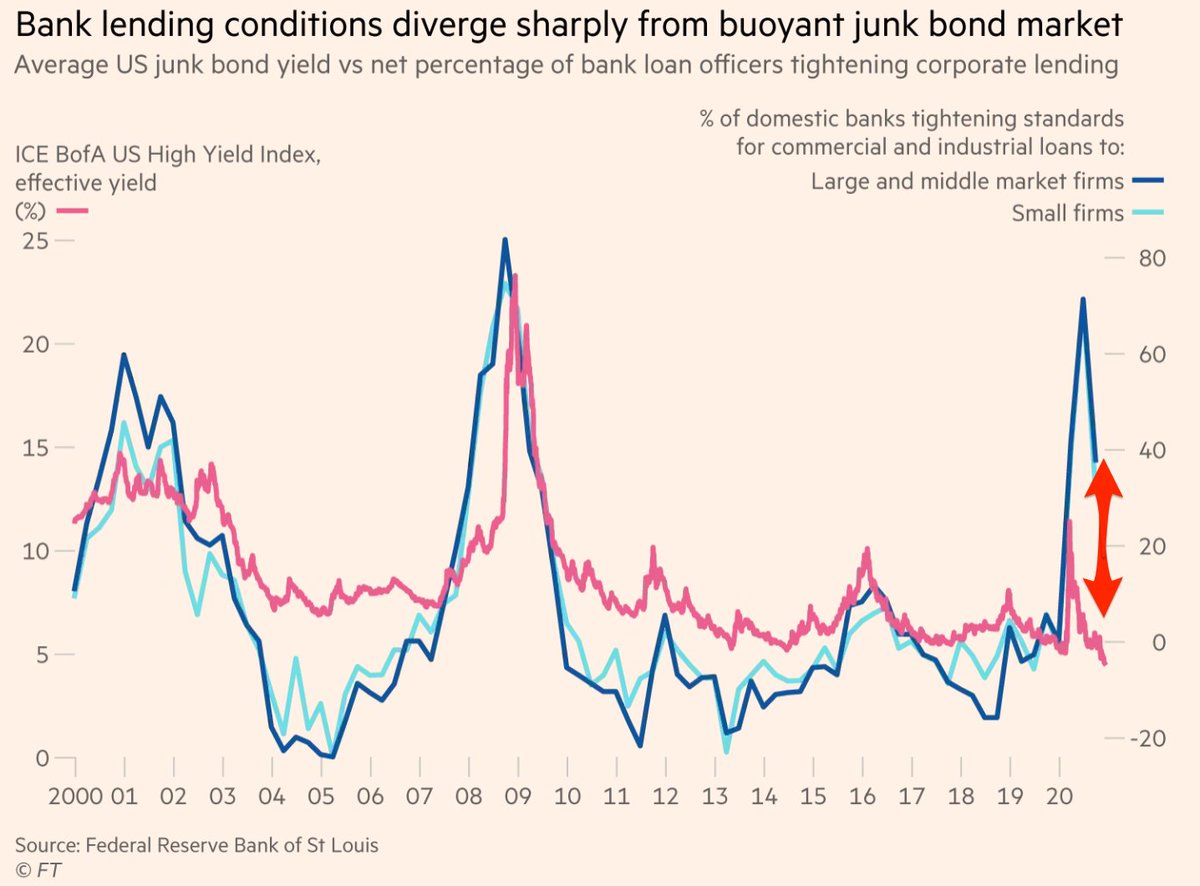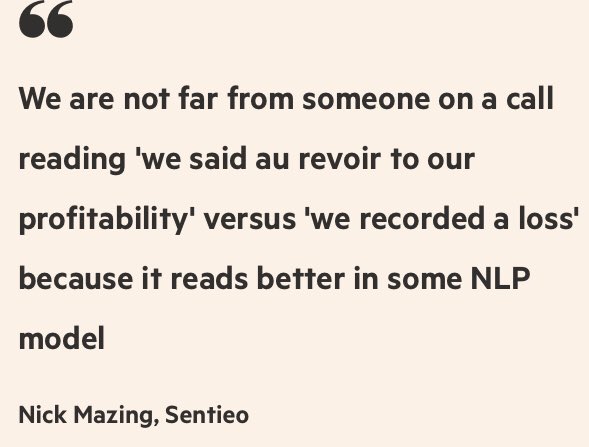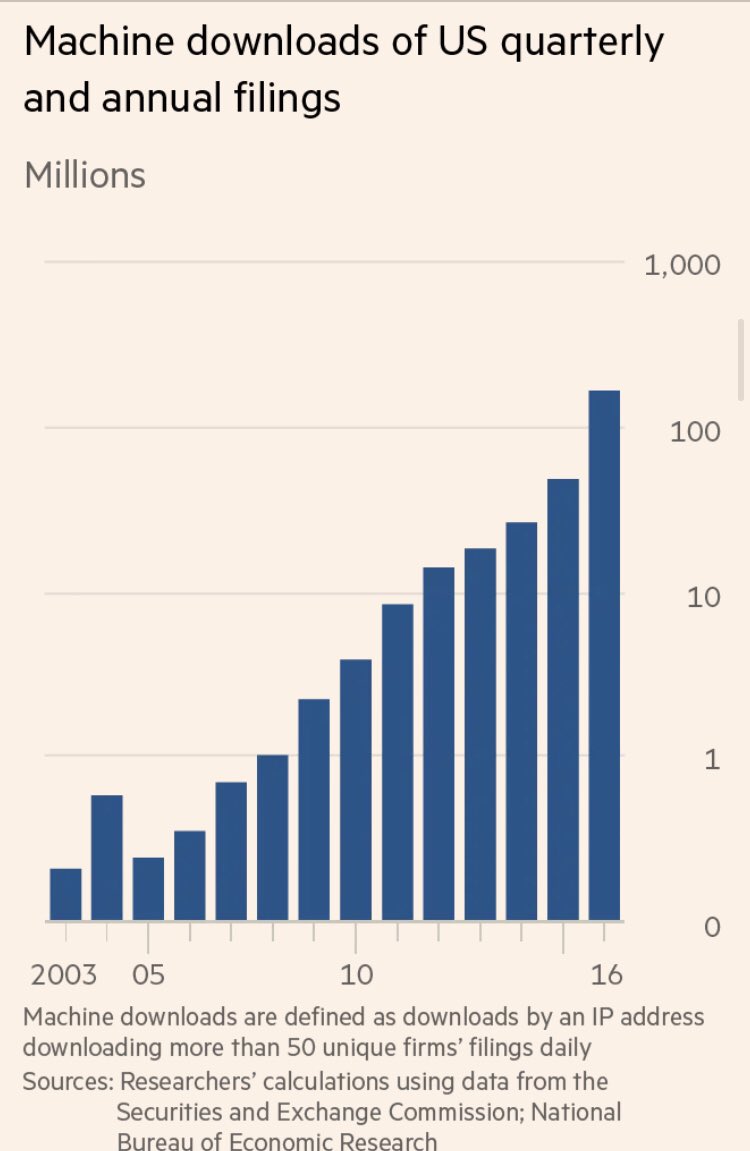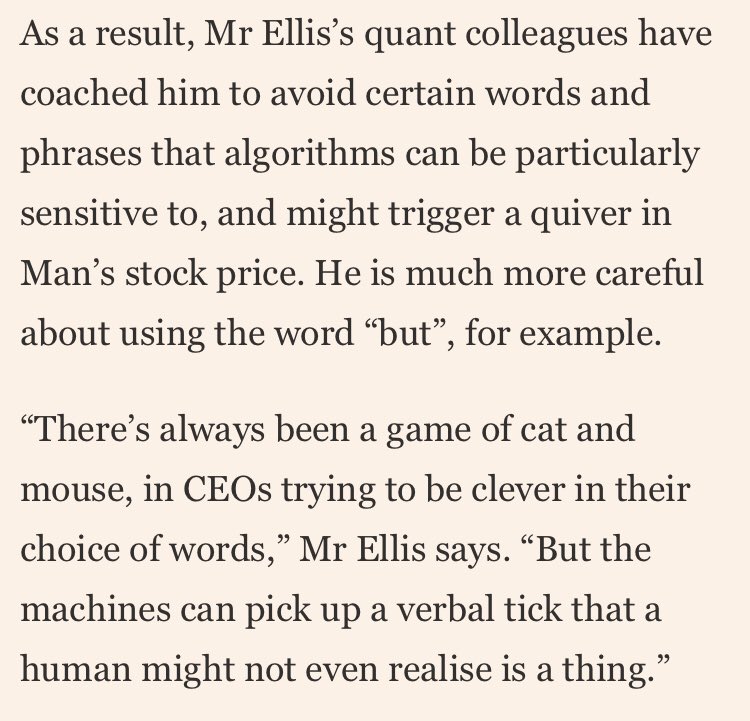
HELP! Can't decide what US cover to go with for my upcoming book on the history of index funds (out sept 2021) so I thought I'd throw it out to the hive mind. Poll below, and feel free to comments to explain (or to ask for smaller font, make fun of my weird name, etc etc). 



What cover?
I’ll die if this ends up being 52-48.
And yeah the title riffs off @SHO_Billions/@EricBalchunas’s podcast name (which is fantastic on the industry). I just love the catchiness of simple one-word titles.
• • •
Missing some Tweet in this thread? You can try to
force a refresh











